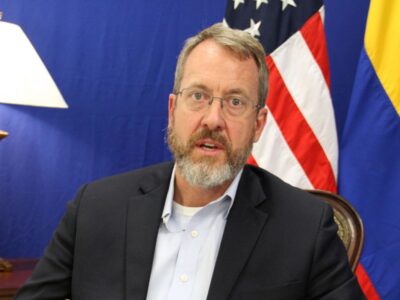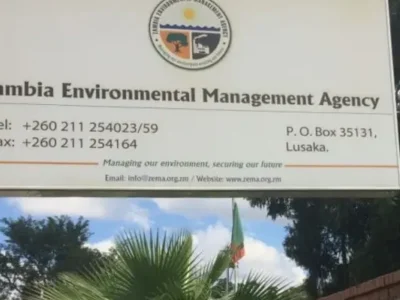Scrapping off of 25 percent on excise duty may foster stability in fuel supplies, says Social Economist Kelvin Chisanga.
Chisanga said scrapping of 25 percent l excise duty to make it free rate on fuel was a necessary measure.
He was commenting on the decision by the Zambian government to suspend 25 percent of excise duty on key commodity such as petroleum.
“It is indeed standing out as a good strategic move to moderate security of supply of the commodity and this further makes a long-lasting solution on the energy subsector in the local economy,” Chisanga said.
He regretted that zero rating of excise duty on fuel (thus petrol and diesel) had been subjected to some temporal policy changes throughout the fiscal year of 2022.
This, he said, had been the only policy instrument that enjoyed three month extensions in this particular current running year, and that it was basically necessitated by many factors.
“This particular announcement makes the zero-rating to assume as a permanent feature in statute for the coming financial year so that the government does not have to make some temporary announcements every quarter to inform and give guide on petroleum subsector.
“So it is largely taken as a key administrative component in nature to maintain on the status quo, of course going by the looks of things so as to trigger predictability in business and investment until further notice,” Chisanga said.
However, he said, the policy aim was mainly to continue cushioning on pricing effects so that economic players were well-guided against the global shocks and rising demands of fuel prices due to the ongoing Russia-Ukraine war.
Chisanga on the other hand observed the need for government to also balance up on the demands for generating revenue from fiscal policy processes with the need of meeting up social sector demands which remains on expansion as well.
Read more: Addressing factors hindering effective collection of mining taxes by Ellen Makinishi
The background to the excise duty was first introduced in February of 2021 with a main objective to cushion on the impact of global fuel pricing dynamics that exceedingly characterised with some dramatic effects of price changes that occurred during and after Covid-19 pandemic.
The zero-rating has been suspended many times in the current budget of 2022 and was then lastly reinstated temporarily in September 2022 for the period up to end of December 2022 to help buffer economic challenges that could have come through with this particular last quarter which is usually considered as a dry-spell period due to less productive activities.












Comments